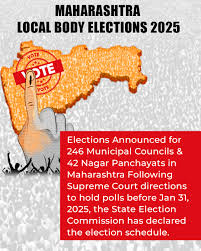
India is a nation with a long-standing history of diverse cultures, beliefs, and traditions. As a result, the law in India is somewhat complex when it comes to LGBTQ rights.
While homosexuality was historically stigmatized in India, the Indian Supreme Court decriminalized it in 2018. This ruling, known as Navtej Singh Johar v. Union of India, was a landmark victory for India’s LGBTQ community. The decision marked the end of decades-long criminalization of same-sex relationships and granted LGBTQ people the same protections and rights as any other Indian citizen.
Despite this victory, the LGBTQ community faces discrimination and marginalization in India. LGBTQ people are subjected to violence and abuse and are often denied access to education and healthcare. There are also no laws protecting LGBTQ people from hate crimes and workplace discrimination.
The Indian government has taken steps to address these issues. In 2018, the government released a “National Guidelines on Transgender Persons,” which includes measures to provide better access to education, healthcare, and employment opportunities for transgender people. Additionally, the government has introduced an “Equality Index” to measure the progress that has been made in the country with regard to LGBTQ rights.
Overall, while progress has been made in India’s LGBTQ laws, there is still much work to be done in order to ensure full protection and equality for LGBTQ people in India.





